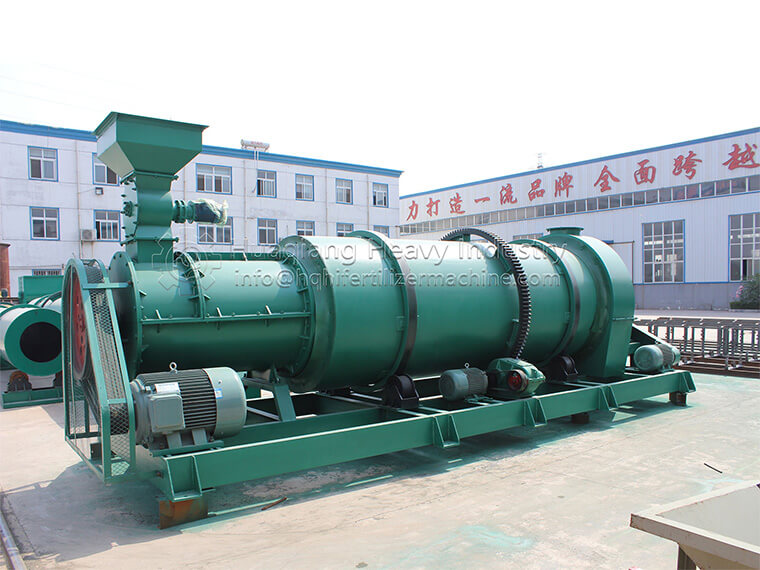Cow manure is an important organic fertilizer with various benefits:
Rich Nutrients: Cow manure contains abundant nutrients such as nitrogen, phosphorus, and potassium that plants need, which are crucial for the growth and development of crops.
Improving soil structure: The organic matter in cow manure can improve soil structure, increase soil water retention, permeability, and fertilizer retention, and help improve soil fertility.
Improving soil fertility: The organic matter in cow manure decomposes in the soil and releases nutrients, which can provide continuous nutrient supply for plants and improve soil fertility.
Promoting microbial activity: Cow manure contains a large number of microorganisms, which are beneficial to the soil and can promote microbial activity in the soil, improving soil biological activity.
Reducing soil pH: The organic matter in cow manure can neutralize the pH of the soil, help maintain the pH balance of the soil, and provide a suitable growth environment.
Environmental Protection and Sustainability: Utilizing cow manure as organic fertilizer can reduce agricultural waste emissions, reduce environmental pollution, and achieve sustainable development of agricultural production.
Processing cow manure into fertilizer through an organic fertilizer granulator is a common practice, which can effectively utilize agricultural waste to produce efficient organic fertilizers. The following are the general steps of this process:
1. Collect cow manure: Cow manure can come from the cleaning of the cowshed or the feces generated during the cattle raising process. To ensure the quality of organic fertilizers, healthy cow manure should be selected and impurities should be avoided.
2. Raw material processing: Preliminary treatment of cow manure to remove impurities and make it suitable for processing in a granulator. This may include steps such as crushing and filtering.
3. Processing into granules: Send the processed cow manure into an organic fertilizer granulator. The granulation machine compresses cow manure into granules, making it easier to store, transport, and apply.
4. Drying treatment: In some cases, in order to improve the stability and storage of fertilizers, granular organic fertilizers may need to be dried to reduce their moisture content.
5. Packaging and storage: Processed organic fertilizers can be packaged and sold or stored in bags or loose form.
6. Application: Finally, this organic fertilizer can be widely used for crop fertilization, improving soil fertility and crop yield, while also promoting soil ecological balance and environmental protection.
Overall, processing cow manure into fertilizer through an organic fertilizer granulator is an effective way to utilize agricultural waste, providing organic fertilizer for agricultural production while reducing environmental pollution and resource waste.